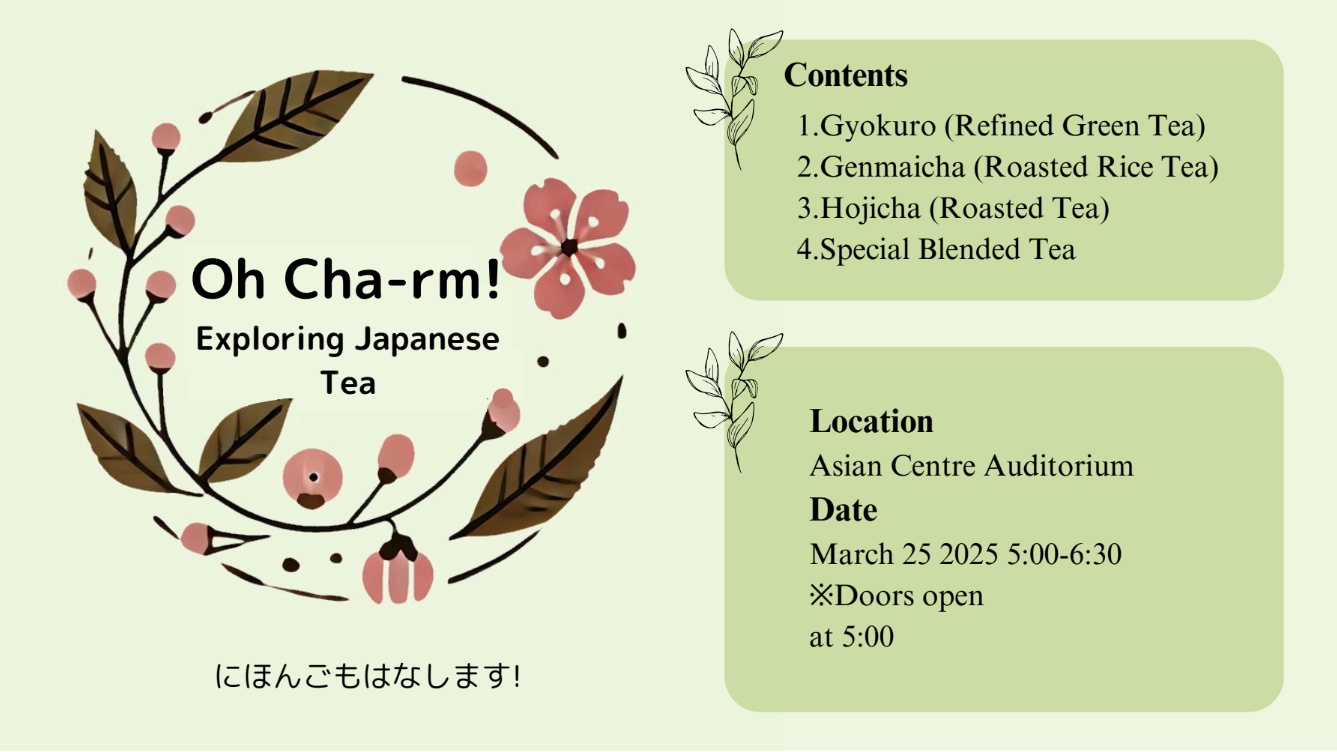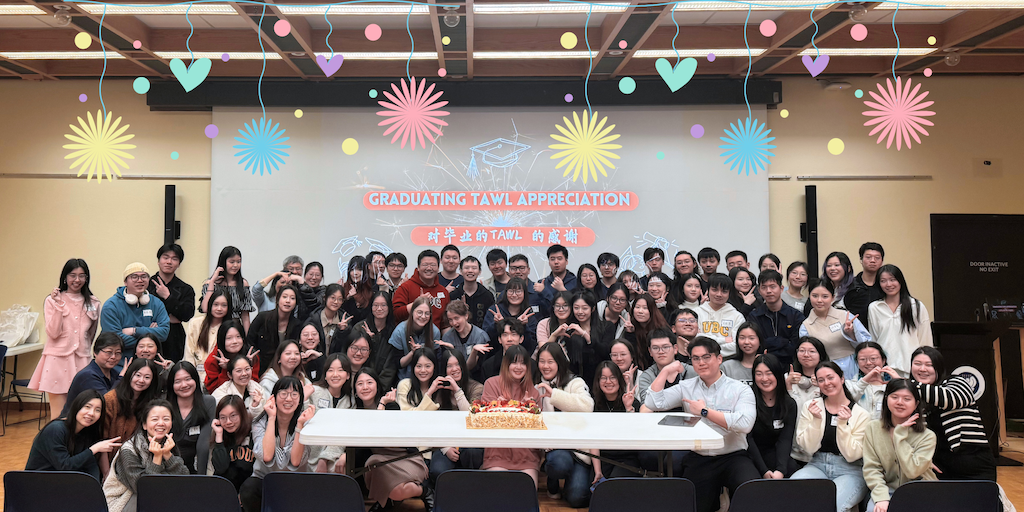

[ubccourses department=ASIA course=570A stickywinter=W stickyyear=true instructor=true]
Instructors: Sharalyn Orbaugh and Bruce Fulton
Time and place: TBA
This graduate level seminar explores theories and methods in the study of popular culture, with particular attention to popular culture phenomena originating in or moving through Asia.
Questions addressed in the course include:
-What do we mean by “popular” and what do we mean by “culture”? What is a “cultural product” and what is the “culture industry”? Who uses these terms and why?
-How is “popular” different from “mass,” and what is at stake in using these terms?
-How has the study of popular culture changed, from the days of the Frankfurt School to current fan studies, industry studies, or media studies?
-What is the relationship between industry, government, and content? (What drives content—consumer preferences? government support/regulation? industry profits and protocols?)
-How can we use theories and methodologies emerging from anglo-european contexts in the study of Asian popular culture? (And what do we mean by “Asian” popular culture?)
-Why are particular modes (e.g. parody, transmediation) or genres (romance, SF) typically considered popular rather than high culture?
The course will be divided into 3 thematic sections of about 4 weeks each:
- Theories of popular culture: the Frankfurt School (Benjamin, Adorno, Horkheimer, Habermas); De Certeau and theorists of everyday life; Constance Penley, Henry Jenkins, Matt Hills and other fan studies pioneers; theorists of popular culture in Asia and/or global popular culture (Appadurai, Dissanayake, Iwabuchi, Yong Dai Jin).
- Activities/media, modes, platforms, genres: popular activities/media (music, film, food, games, comics, literature; dance; oral performance); popular modes (adaptation, parody, transmediation, pastiche, fan creations); media platforms (digital vs. analog, video, TV, radio, books, social media, etc.); popular genres (SF, romance, horror, action, etc.).
- Case studies (the exact content of which will be determined by the interests of the class members). Some possibilities might be: bhangra, K-pop, Asia Extreme (cinema), kung fu/martial arts movies, fan fic, otaku culture, Komiketto, BL in China (or danmei), Bollywood.
All students will be expected to read the assigned materials (all of which are in English) for sections 1 and 2 of the course, and will use (and/or critique) the theories and methodologies from those readings to present a case study on a topic of their choosing in section 3 of the course.


